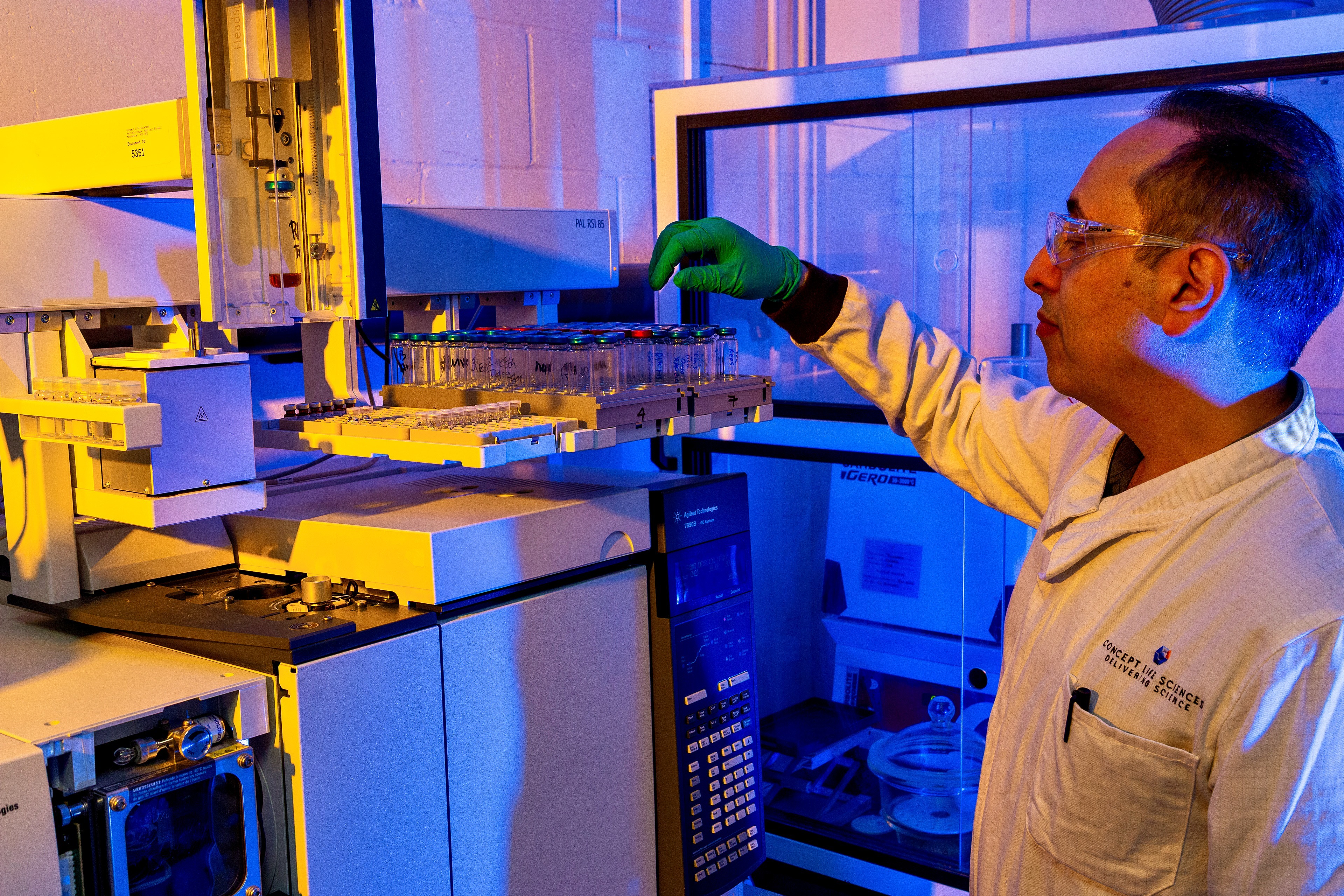News
30/6/2025
UK Life Sciences Sector: Maximizing R&D Tax Relief Opportunities
The UK's thriving biotech and pharmaceutical sector continues to drive ground breaking advances in medical innovation, yet many companies may be overlooking valuable financial support available through R&D tax credits.

The UK's thriving biotech and pharmaceutical sector continues to drive ground breaking advances in medical innovation, yet many companies may be overlooking valuable financial support available through R&D tax credits.
What are R&D Tax Credits?
These government incentives are specifically designed to support companies engaged in scientific research and development activities. For life sciences organizations, this encompasses everything from early-stage drug discovery and clinical trials to the development of novel diagnostic tools and therapeutic approaches.
SME R&D Scheme vs. RDEC
The relief is available through two primary routes:
- SME R&D scheme for smaller companies
- Research & Development Expenditure Credit (RDEC) for larger enterprises
Both schemes can provide substantial financial benefits, either through direct cash payments or reductions in corporation tax liability.
What Counts as Eligible R&D Expenditure?
Common Qualifying Costs for Biotech and Pharma
Qualifying expenditure extends beyond obvious research costs to include technical staff salaries, laboratory equipment, consumables, and even subcontracted research activities. Clinical trial expenses, regulatory compliance costs, and prototype development can all contribute to a company's R&D claim.
Not claiming R&D tax credits could be costing you
Industry experts suggest that many life sciences companies fail to claim the full extent of their eligible R&D activities, potentially missing out on hundreds of thousands of pounds in available relief.
As the UK government continues to position the country as a global leader in life sciences innovation, these tax incentives represent a key tool for maintaining competitive advantage in an increasingly challenging market.












